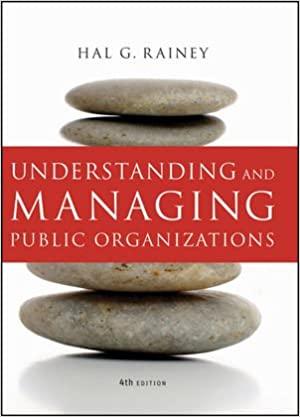Question
Chapter 5 Selection Case: Keep on Truckin Tim Rowe owns a small trucking firm that specializes in metro-area delivery in a large city in the
Chapter 5 Selection Case: Keep on Truckin
Tim Rowe owns a small trucking firm that specializes in metro-area delivery in a large city in the United States.
All employment activities are handled by Tim who has always hired employees based on three qualifications:
- They must have a high school diploma.
- They must pass a short paper-and-pencil test intelligence test which is given to all applicants.
- They must have a valid Commercial Drivers License if applying for the position of driver.
The short test is interesting, as it was devised by Tim from sample questions found on a GED (General Education Degree) Equivalency Test. The test consists of 33 vocabulary and mathematical questions, each worth 3 points. Anyone scoring below 70 is automatically rejected.
Last month two drivers quit, so Tim advertised in the local paper for two new drivers. Ten people applied for the openings, but Tim rejected four applicants because they were not high school graduates. Three others were rejected because of test scores below 70. He extended job offers to two white males who scored the highest scores on the test, had high school degrees, and CDL drivers licenses.
This week Tim was notified that two equal employment complaints had been filed against him and his firm. One complaint, a woman, alleges that the test does not measure a persons ability to drive and is not a valid predictor of job success. She is a high school graduate and holds a CDL. The other complaint, a minority man, alleges that the high school diploma requirement is not related to ability to do the job and unfairly discriminates against minorities. Tim is trying to decide how to respond to these complaints.
________________________________________
- If you were an EEO investigator, what types of data would you request from Tim
- As an HR expert, explain to Tim which approaches to establishing validity should he use to demonstrate the validity of these selection procedures? ((Hint: use information in the lecture on validity.)
- Considering each of the three selection devices, explain which of the three might be discriminatory?
Step by Step Solution
There are 3 Steps involved in it
Step: 1

Get Instant Access to Expert-Tailored Solutions
See step-by-step solutions with expert insights and AI powered tools for academic success
Step: 2

Step: 3

Ace Your Homework with AI
Get the answers you need in no time with our AI-driven, step-by-step assistance
Get Started


